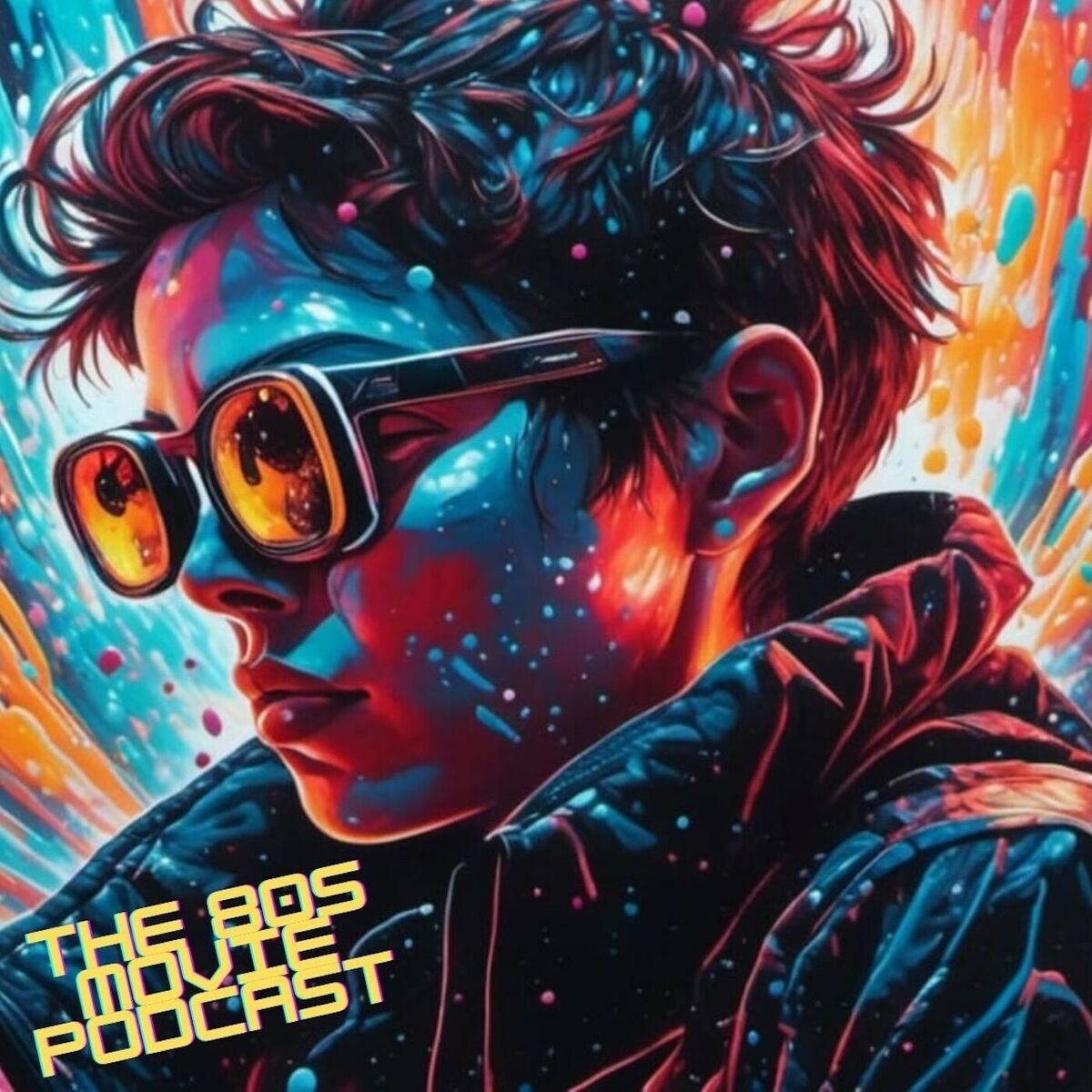In a surprising twist amidst the usual fanfare of royal engagements, Prince Harry recently encountered an unexpected response during a video call from California.
While speaking with the recipients of the Diana Award—an initiative honoring the legacy of his late mother, Princess Diana—the Duke of Sussex was met with a chorus of boos.
This reaction, particularly striking given the context of the event, underscores the complicated relationship Harry has cultivated with the public over the years.
The Diana Award is designed to celebrate young leaders who embody the humanitarian spirit of Princess Diana, making Harry’s booing all the more perplexing.
As he connected with these young achievers, one would expect applause and admiration; instead, he faced discontent from those being honored for their charitable efforts.
This stark contrast highlights the shifting dynamics between Harry and the public that once adored him.
Once hailed as the people’s prince, Harry’s journey has taken numerous unexpected turns.
From the heart-wrenching loss of his mother at a tender age to his recent exit from royal duties and subsequent move to the United States, each phase of his life has reshaped his identity.
These transformations have not only altered how he perceives himself but also how the public views him.
The incident raises intriguing questions about Harry’s current standing in the eyes of the public.
Has he become disconnected from those who once found inspiration in his work?
Or are the boos merely a fleeting reaction influenced by the tumultuous media landscape and Harry’s own controversial choices?
The answer may lie in examining the broader context of his recent life decisions.
Harry’s choice to step back from royal responsibilities, combined with his candid critiques of the monarchy, has undoubtedly shifted his public image.
His relocation to California, coupled with various media projects and revealing interviews, paints a portrait of a prince forging a new path—one that sometimes clashes with the expectations tied to his royal heritage.
Moreover, the reaction from the Diana Award winners could reflect a generational shift in attitudes toward public figures.
Today’s youth are increasingly discerning, valuing authenticity and accountability above all.
In this light, any perceived inconsistency between a celebrity’s actions and their claimed values can lead to swift backlash.
For Harry, who has consistently sought to honor his mother’s legacy, the boos may serve as a wake-up call to align his public persona with the ideals he champions.
This incident also prompts a deeper reflection on the monarchy’s role in contemporary society.
As the royal family grapples with maintaining relevance and respect, every member’s actions face intense scrutiny.
For Prince Harry, whose life has been so closely tied to the crown, the question of identity becomes particularly pressing.
Is he simply a royal stripped of his title, a philanthropist, a celebrity, or a man striving to carve out his own identity beyond the royal legacy?
The booing incident is not merely an isolated occurrence; it symbolizes the evolving narrative surrounding the Duke of Sussex.
It serves as a poignant reminder that public perception is ever-changing and that even the most beloved figures can find themselves alienated from their audience.
As Harry continues to navigate his unique journey, the world watches with a blend of curiosity and skepticism.
What will the next chapter hold for him?
Will he redefine his identity in a way that resonates with both his values and the public’s expectations?
The road ahead is uncertain, but one thing is clear: the dynamics of fame, legacy, and personal growth are complex, and Harry’s story is far from over.










